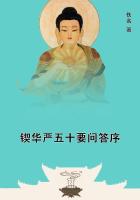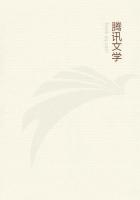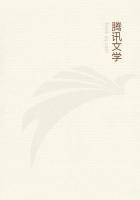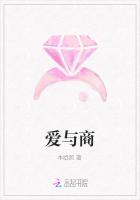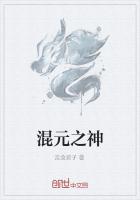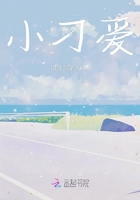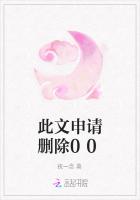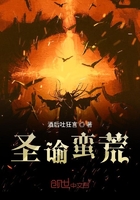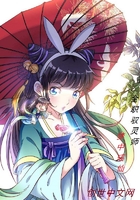The crowd objects, and justly so, to a display of real temper on the court.A player who loses his head must expect a poor reception from the gallery.Questioned decisions by a player only put him in a bad light with the crowd and cannot alter the point.You may know the call was wrong, but grin at it, and the crowd will join you.These things are the essence of good sportsmanship, and good sportsmanship will win any gallery.The most unattractive player in the world will win the respect and admiration of a crowd by a display of real sportsmanship at the time of test.
Any player who really enjoys a match for the game's sake will always be a fine sportsman, for there is no amusement to a match that does not give your opponent his every right.A player who plays for the joy of the game wins the crowd the first time he steps on the court.All the world loves an optimist.
The more tennis I play, the more I appreciate my sense of humour.I seldom play a match when I do not get a smile out of some remark from the gallery, while I know that the gallery always enjoys at least one hearty laugh at my expense.I do not begrudge it them, for I know how verypeculiar tennis players in general, and myself in particular, appear when struggling vainly to reach a shot hopelessly out of reach.
Two delightful elderly ladies were witnessing Charles S.Garland and myself struggle against Mavrogordato, and Riseley at the Edgbaston tournament in England in 1920.One turned to the other and said: "Those are the Americans!""Oh," said the second lady resignedly, "I thought so.The tall one [meaning me] looks rather queer."During the Davis Cup match against the French at Eastbourne, I went on the court against Laurentz in my blue "woolly" sweater.The day was cold, and I played the match 4-1 in Laurentz' favour, still wearing it.I started to remove it at the beginning of the sixth game, when the gallery burst into loud applause, out of which floated a sweet feminine voice: "Good! Now maybe the poor boy will be able to play!"For the first time I realized just what the gallery thought of my efforts to play tennis, and also of the handicap of the famous "blue-bearskin" as they termed it.
My favourite expression during my Davis Cup trip happened to be "Peach" for any particularly good shot by my opponent.The gallery at the Championship, quick to appreciate any mannerism of a player, and to, know him by it, enjoyed the remark on many occasions as the ball went floating by me.In my match with Kingscote in the final set, the court was very slippery owing to the heavy drizzle that had been falling throughout the match.At 3-2 in my favour, I essayed a journey to the net, only to have Kingscote pass me 'cross court to my backhand.I turned and started rapidly for the shot murmuring "Peach" as I went.Suddenly my feet went out and I rolled over on the ground, sliding some distance, mainly on my face.I arose, dripping, just in time to hear, sotto voce, in the gallery at my side: "A little bit crushed, that Peach." The sense of humour of the speaker was delightful.The whole side-line howled with joy, and the joke was on me.
I am always the goat for the gallery in these little jokes, because it is seldom I can refrain from saying something loud enough to be heard.
I remember an incident that caused great joy to a large gallery inPhiladelphia during a match between two prominent local players.One of the men had been charging the net and volleying consistently off the frame of his racquet, giving a wonderful display of that remarkable shot known the world over as "the mahogany volley." His luck was phenomenal for all his mis-hit volleys won him points.Finally, at the end of a bitterly contested deuce game in the last set he again won the deciding point with a volley off the wood, just as a small insect flew in his eye.
He called to his opponent: "Just a moment, I have a fly in my eye."The disgusted opponent looked up and muttered: "Fly? Huh! I'll bet it's a splinter!"There was a certain young player who was notoriously lax in his eyesight on decisions.He could never see one against himself.He became noted in his own locality.He and another boy were playing a team of brothers who were quite famous in the tennis world.One of these brothers had a very severe service that the local Captain Kidd could not handle at all.So each time the visiting player served close to the line, the boy would swing at it, miss it, and call "Fault!" There was no umpire available and there was no question of the older team losing, so they let it go for some time.Finally a service fully 3 feet in was casually called out by the youngster.This proved too much for the server, who hailed his brother at the net with the query: "What was wrong that time?""I don't know," came the reply; "unless he called a footfault on you!"The assurance of some young players is remarkable.They know far more about the game of other men than the men themselves.I once travelled to a tournament with a boy who casually seated himself beside me in the train and, seeing my tennis bag, opened the conversation on tennis and tennis players.He finally turned his attention to various people I knew well, and suddenly burst out with: "Tilden is a chop-stroke player.I know him well." I let him talk for about ten minutes, learning things about my game that I never knew before.Finally I asked his name, which he told me.In reply he asked mine.The last view I had of him for some time was a hasty retreat through the door of the car for air.
I played my first match against J.C.Parke at Wimbledon in 1920.The time before that I had been on the court with him was at GermantownCricket Club in 1911, when I acted as ball-boy in the Davis Cup between him and W.A.Larned.The Junior members of the club, sons of the members, used to consider it a great honour to act as ball-boy in these matches, and worked every means to be picked.I picked up much tennis in those days, for I have worked at the ball-boy position for Parke, Crawley, Dixon, Larned, Wright, and Ward.

